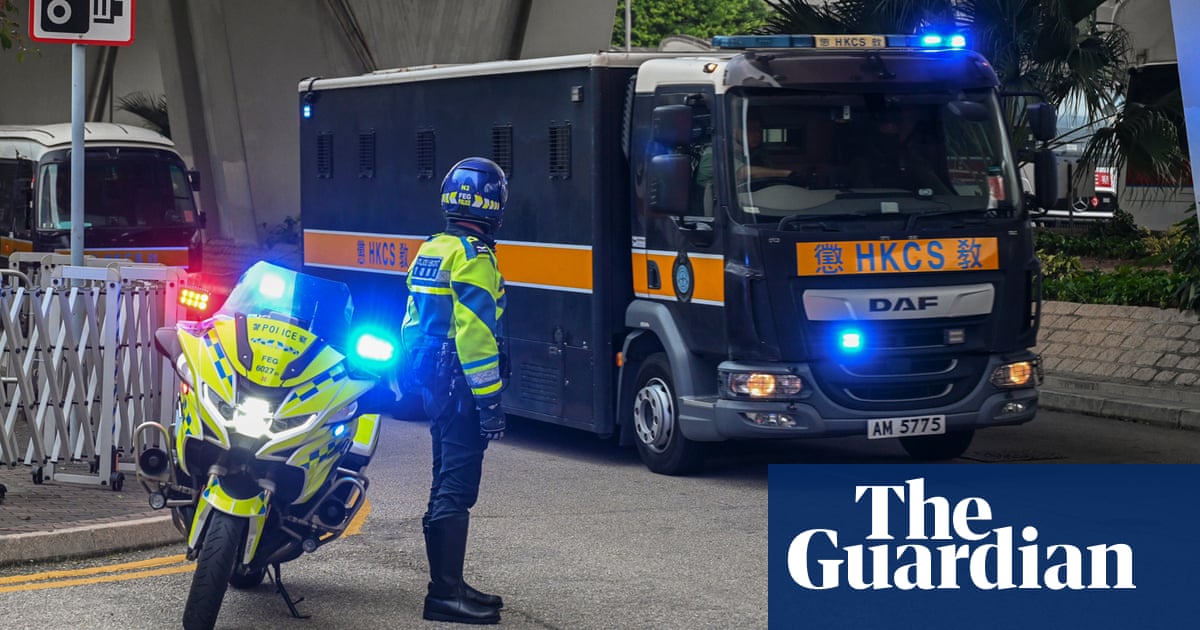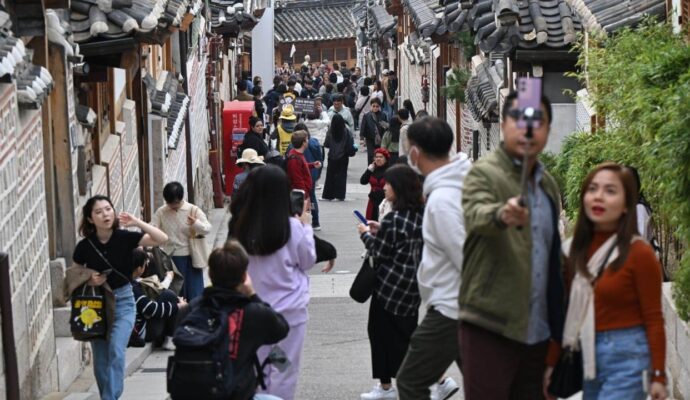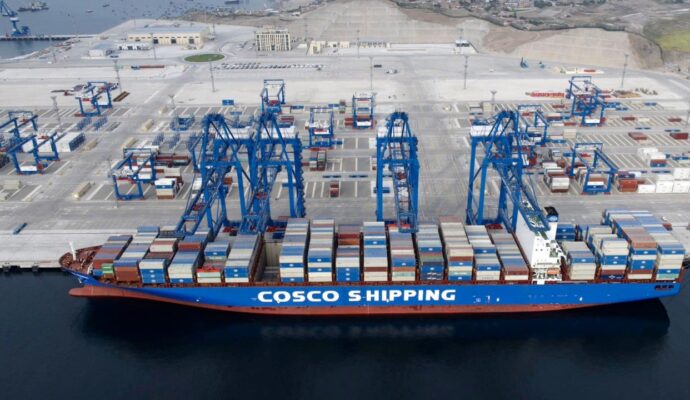
Jimmy Lai pleaded not guilty to all charges at the resumption of his national security trial in Hong Kong on Tuesday.
The media tycoon and pro-democracy activist is facing up to life in prison if found guilty on the charges against him, brought under the 2021 national security law and a colonial-era sedition law.
Wearing a white shirt and a navy blue jacket, and surrounded by three prison guards in the defendant’s dock, the 76-year-old replied “not guilty” in English to each of the charges read out on Tuesday.
He is accused of conspiracy to commit foreign collusion and conspiring to publish seditious material. His legal team sought to have the latter charge dropped, claiming the alleged offences occurred outside the statute of limitations, but this was rejected by the judges. A not guilty plea was expected.
“This case is about a radical political figure … who conspired with others to bring into hatred and stir up opposition to the government of [Hong Kong] and the central authorities and to collude with foreign countries or external elements to endanger national security,” lead prosecutor Anthony Chau told the court Tuesday.
Chau called Lai “the mastermind” who used his media business “as a platform to pursue his political agenda … and orchestrated a conspiracy with the so-called democracy and freedom advocacy group Stand with Hong Kong Fight for Freedom”.
The prosecution cited 161 publications of Apple Daily between April 2019 and the newspaper’s last day in June 2021 as “examples of seditious publications … with a view to polluting the minds of the impressionable ones”.
Lai was also accused of providing instructions and financial support for SWHK to lobby foreign countries for sanctions, including the US, the UK, New Zealand, Australia, Japan, Czech Republic, Portugal and Ireland.
The trial began last month after lengthy delays. Lai has been in jail since December 2020, serving a 13-month sentence for unauthorised assembly and a separate sentence of more than five years on fraud charges for violating a lease contract, charges his supporters say was politically motivated.
Lai and his Apple Daily newspaper were key supporters of Hong Kong’s pro-democracy movement, which saw mass protests across the city in 2019. The national security law was introduced in 2020 to quash the movement, outlawing acts of foreign collusion, sedition, secession and terrorism. The law has been widely criticised as overly broad and undefined, allowing authorities to weaponise it against non-violent dissent and political opposition.


